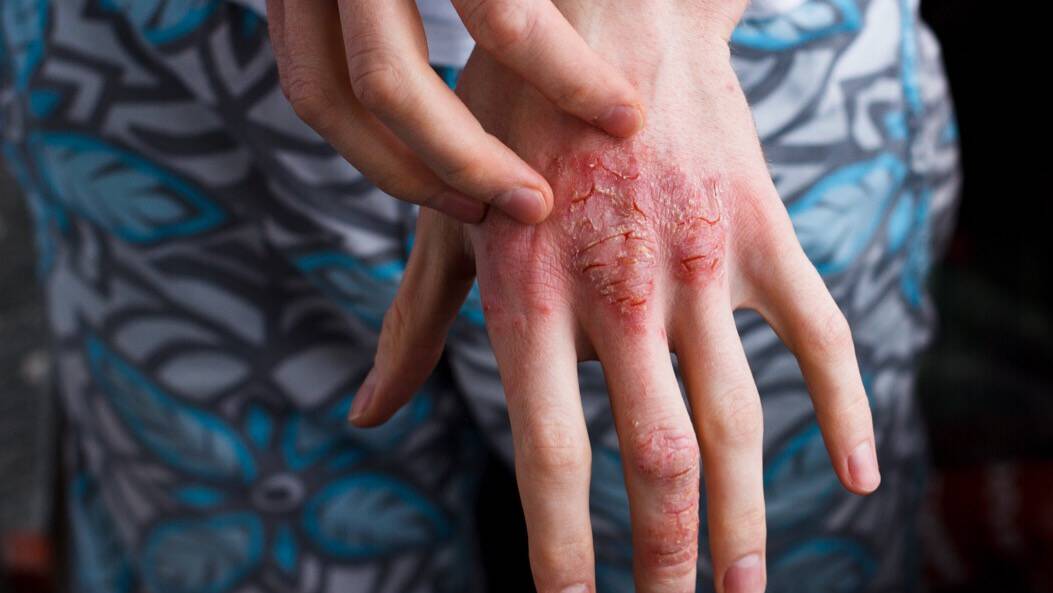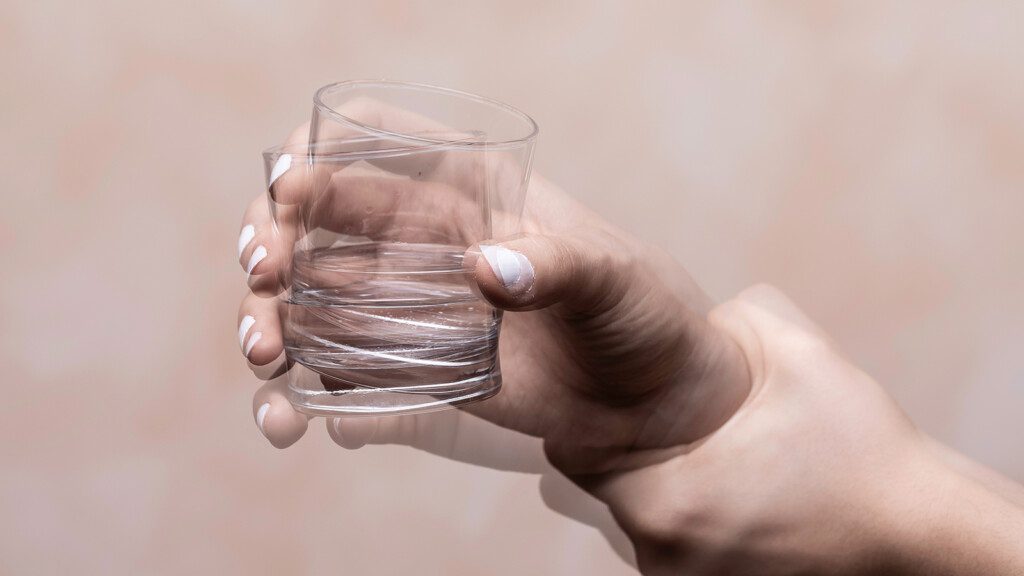Your hands and nails are a physical indication of your health. The appearance of your fingernails and hands can also give you insight into any potential underlying health problems.
It’s very easy to ignore our hands, too. Aside from the occasional nail-clipping, when was the last time you really looked at your palms and digits? This article will examine what your hands may reveal about your overall health.
“I always make a point of shaking hands when I meet a patient for the first time. Not only is it the best way to put a patient at ease, but hands and nails can be one of the best windows into the body’s internal workings.” ~ Dr. Richard Russell, consultant respiratory physician
8 Things Your Hands Reveal About Your Health
1 – Blue or white fingertips
If you look at your fingertips, you’ll notice a white-pink coloration. The pink, of course, is the blood circulating underneath.
If your fingertips appear too blue or too white, it is a possible sign of poor blood circulation. One condition, known as Raynaud’s syndrome, occurs when small blood vessels become sensitive to temperature change.
In the worst cases, blue or white fingers may also signify low oxygen levels in your body. Contact your doctor for an appointment right away.
2 – Pale nail beds
Nails beds comprise skin area from the cuticles to fingertips, and where the nails lay. Similar to your fingertips, there’s a pink-to-red hue.
If your nail beds appear overly white, it may indicate iron deficiency anemia. Iron-deficiency anemia occurs when there’s a lack of red blood cell circulation.
3 – Trembling hands
There are several reasons why the hands may tremble a bit. Maybe you’ve had one-too-many cups of java, are anxious, or take specific prescription meds (e.g., antidepressants, asthma drugs.)
If your hands are frequently shaky, scheduling a checkup with your family doctor is a good idea. They’ll want to look over your medical records, and take additional measures to rule out possible neurological causation.
4 – Weak grip
According to a study of over 140,000 adults in 17 countries, a weak grip indicates a higher risk for stroke or heart attack.
The strength of grip is considered a good measure of overall health, including muscle strength (and why doctors have you squeeze their fingers during routine checkups.)
5 – Scaly skin patches
Sometimes the skin gets red and scaly simply because of inadequate moisture. This is something we can easily treat through basic skin care.
However, if scaled and flaky skin patches aren’t responsive to self-care, it’s time to schedule a checkup. Red, rough patches can indicate skin conditions ranging from mild to severe.
Perhaps the most important reason to visit a doctor when dealing with persistent scaly skin is to rule out the possibility of precancerous growths (these usually appear as small, wart-like dry patches.)
6 – Swollen hands and fingers
Occasional swelling of the fingers and hands isn’t too big of a deal. Dehydration, excess sodium intake, and hormonal cycling can all cause these areas to swell. Increasing your water consumption and laying off the sodium for a while are two good preventative measures.
If swelling of the hands/fingers is accompanied by stiffness or pain, it may indicate a more serious condition. Hypothyroidism (low thyroid hormone production), rheumatoid arthritis, and systemic sclerosis symptoms include stiffness/pain and swelling of the hands and fingers.
7 – Sweaty palms
As with trembling hands, sweaty palms can be induced by anxiety or caffeine overload. (Tip: if you’re a coffee lover, carry a water bottle around with you to maintain adequate hydration.)
Chronically “clammy” hands may indicate menopause or thyroid conditions, or hyperhidrosis, in which overactive sweat glands produce excessive amounts of perspiration.
Doctors can prescribe stronger antiperspirants to help curtail the sweating.
8 – Longer ring fingers
This one is rather peculiar. Per a study publishing in the journal Arthritis & Rheumatism, women whose ring fingers are longer than their index (the “number one” finger), are twice as likely to develop osteoarthritis of the knees.
For men with a significantly longer ring finger, the physical feature correlates with having more children and better relationships – but an increased risk of prostate cancer. (Gee, thanks.)
This physical feature has been linked to several other things, including higher aggression and skilled athletic ability in both men and women. Having a longer ring finger is generally a male feature, though it’s still a rarity.
Final Thoughts on What Your Hands Tell Your Doctor About Your Health
It’s easy to fall into the trap of researching symptoms and conditions out of worry. While educating yourself on health and medical issues is good, overreacting to any similar symptoms (real or perceived) is not.
The truth is that no amount of self-research can replace personal medical advice. This means a face-to-face consultation with a licensed physician or specialist.
Many people tend to either overreact or underreact. Neither is conducive to health.
So breathe deep, relax, and – if you deem it the best action – call your doc.
All of us at Power of Positivity wish you good health. (Where’s your water bottle?)
















 Community
Community

